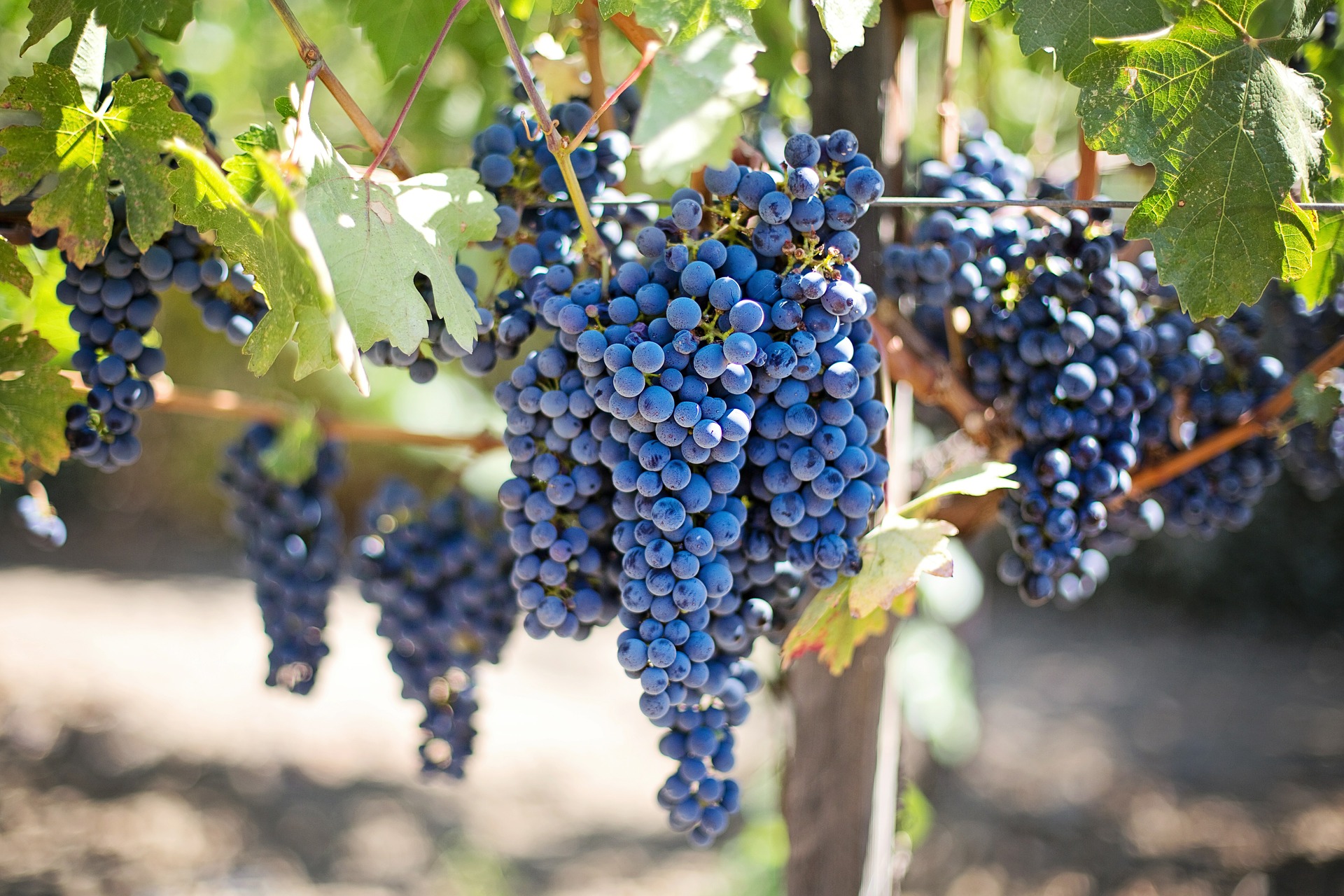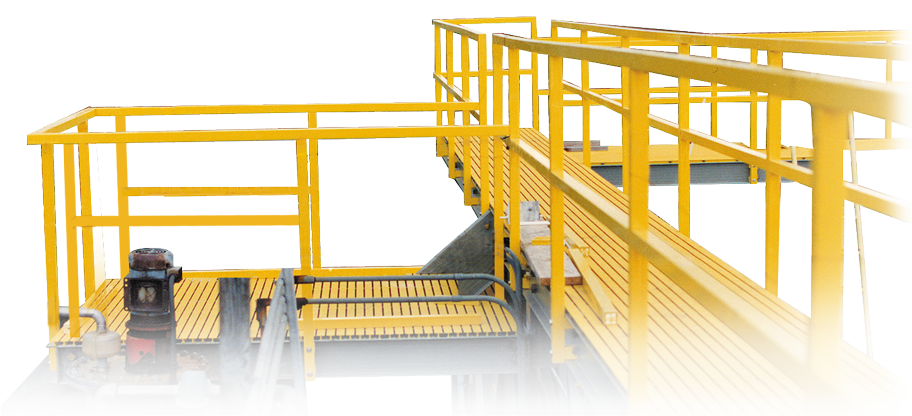Why Fiberglass Products Fit in the Wine Industry
Wineries commonly rely on stainless steel components such as walkways and walkovers to provide safe employee access to fermentation tanks, presses, and other mechanical processing equipment – but modern fiberglass products offer distinct advantages over conventional materials when it comes to the production of high purity products.
The pressing and multiple-stage fermentation of grapes for wine is a centuries-old process that has profoundly impacted cultures across the world – wine has remained popular since ancient times, and it is still associated with various deities today. Wine production, or vinification, might have modernized in accordance with mass production to meet world market demands, but the industry retains a highly discerning consumer base that requires exceptional quality products. This means that wine must be produced in environments with tightly controlled parameters and specialist equipment to ensure all products are of the best possible quality.

This discerning mentality explains the industry’s reliance on extremely durable, but expensive materials such as stainless steel. However, fiberglass products can significantly undercut the cost of stainless steel factory components without compromising the mechanical and physical requirements of modern health and safety legislation, thereby broadly benefiting the wine industry at large.
Fiberglass products are increasingly popular for industrial applications, due to their incredible cost-efficiency and strong, lightweight properties. More factory environments are utilizing FRP materials in place of traditional material components due to their high tensile strength and easy machinability, allowing fiberglass products to be worked into bespoke, robust shapes that can be easily installed on-site.
Following our recent discussion of the benefits of utilizing fiberglass products such as Strongwell’s DURAGRATE® grating systems in the food and beverage industry, this article will explore the unique benefits of using FRP in the wine industry in some more detail.
Fiberglass Products for Wineries
Stainless steel grating exhibits exceptional physical strength and low corrosion, hence its popularity in the wine industry which requires consistent wash downs to maintain excellent levels of cleanliness around fermentation and pressing equipment. However, even alloys used in high sensitivity environments such as wine production exhibit corrosive properties over time. Stainless steel alloys can potentially contain as much as 30% chromium which will gradually oxidize with repeated use, particularly in the presence of standing water or steam.
Fiberglass products such as grating for walkways or handrails offer significantly improved corrosion resistance to stainless steel, with superior flexibility for implementation around the complex individual shapes of fermentation tanks or wine presses.

Read More: Why Fiberglass Fits in the Food & Beverage Market
The highly corrosion-resistant SAFRAILTM system is available with round handrails and 90° molded corners which negate sharp edges and improving the overall safety of components. This is chiefly applied in various food and beverage industries due to the reduced accumulation of particles such as dirt and dust, with evident benefits available to the wine industry to improve overall factory cleanliness, thus the eventual quality of the end-product.
Fiberglass Products from Strongwell
Strongwell’s fiberglass products are the result of over 60 years’ experience developing and manufacturing pultruded fiberglass for an enormous range of practical applications, improving the wider industry awareness of the material and establishing its proven benefits over conventional materials.
If you would like any more information about our fiberglass products, please contact us.